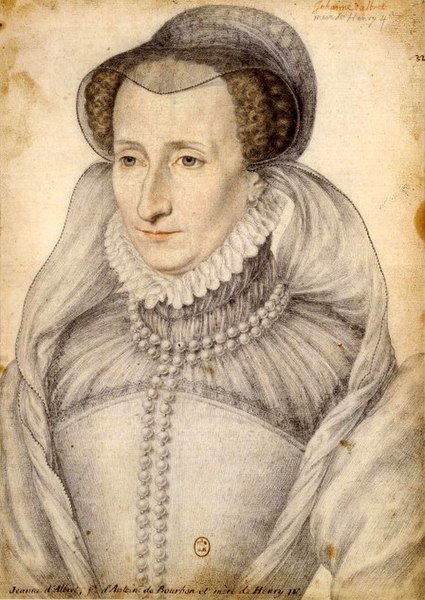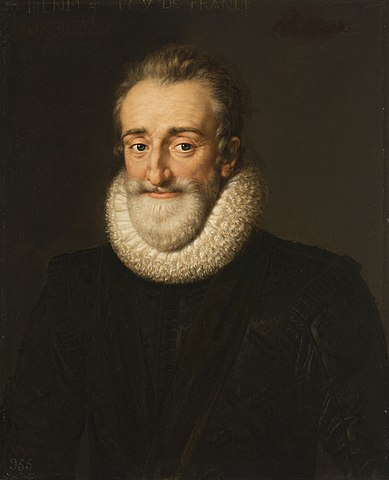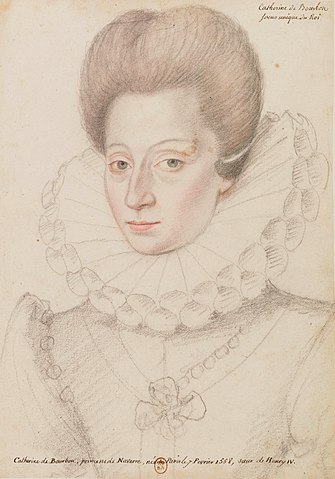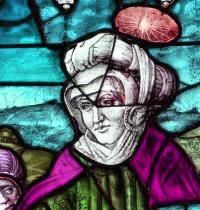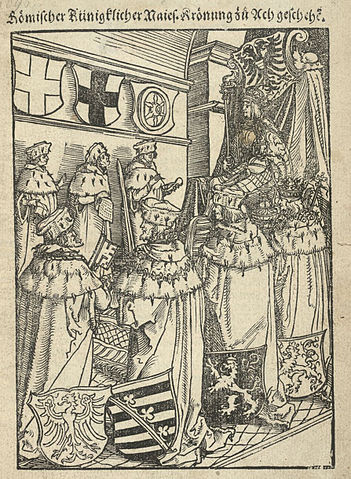The Protestant Royal Families
1) Reigning houses (families that are required by law to be Protestant to retain succession rights or ascend the Throne are boldfaced)
- The British Royal Family
- The Royal Family of Denmark
- The Royal Family of the Netherlands
- The Royal Family of Norway
- The Royal Family of Sweden
2) Non-ruling royal families (please add to or correct that list)
- The Ducal Family of Anhalt (Ascania ?)
- The Grand Ducal Family of Baden (Zähringen)
- The Royal Family of Hanover (Guelph)
- The Grand Ducal Family of Hesse (Lorraine-Brabant ?)
- The Princely Family of Lippe
- The Grand Ducal Family of Oldenburg
- The Royal Family of Prussia, also the former Imperial Family of Germany (Hohenzollern)
- The Princely Family of Reuss
- The various Ernestine ducal families of Saxony (Saxe-Meiningen; Saxe-Coburg-Gotha excluding the Belgian royal branch; Saxe-Altenburg)
- The Princely Family of Waldeck-Pyrmont
3) Formerly Protestant royal families (now Catholic ?)
- The Royal House of Saxony (Wettin)
- The Royal House of Württemberg
The "grand" (formerly) Protestant royal orders of chivalry, now awarded also to Catholics and even non-Christians are: Garter, Thistle, Elephant, and Seraphim. Traditionally, the "grandest" Protestant dynasties in Europe were/ are
in my opinion: Hanover (while Kings of Great Britain and Ireland) and Windsor (British branch of the House of Saxe-Coburg-Gotha); Hohenzollern; Orange-Nassau; and Schleswig-Holstein-Sonderburg-Glücksburg.
As we are all learning about Roman Catholicism in the
Catholic thread, I saw
that some people were confused about which religions were Protestant religions. I felt perhaps there can be a forum of learning and discussing the many Protestant religions that exist today and the Royals who practice them. I would like a forum that is meant for a true exchange of knowledge; not one of a prejudical attack.
The USA, my native land, is more than 50% percent Protestant. Some of the Protestant religions in my country are: Presbyterian, Methodist, Lutheran, Baptist, Anabaptist, Episcopalian, and Born Again Christianity. This is just a short list, there are many more.
From the point of view of the religious affiliation of European royals, the Protestant churches of interest are those that stem from the 16th century Reformation, namely:
a) The churches in the Anglican communion (Protestant episcopal churches that retain liturgical practices which are somewhat similar to the post-Vatican II Roman Catholic Church liturgy, especially the Church of England).
b)The Lutheran churches (some of which are also "High Churches" with an episcopal structure, while others follow a more characteristic Protestant congregational/ synodal model; theologically they are closer to the Roman Catholic church than the Calvinist churches, especially nowadays).
c) The churches associated with the Calvinist tradition and doctrine ( normally called "Reformed" in continental Europe or "Presbyterian" in Scotland and the English-speaking countries; usually classified as "Low Churches" with a simple, austere liturgy and a congregational/ presbyterian/ synodal system of government lacking an episcopal structure).
In Europe, the churches listed above were generally "national" churches that were closely associated with the state (e.g. the Church of Scotland or the Dutch Reformed Church) or, in most cases, were established state churches e.g. the Church of England, the Lutheran churches of Denmark-Norway and Sweden, or the various Protestant churches of German, with the local king or prince (duke, grand duke, or equivalent) serving as the temporal head of the church.
The so-called "dissident" Protestant churches that were independent of the national established churches, e.g. the Baptists or the Methodists, are not associated with European royal families. Although the Methodist Church in particular is now considered a mainstream Protestant church, mainly in the US, the congregational Baptist churches differ significantly from mainstream historic Protestantism in their interpretation of the sacraments (or lack thereof), including the baptism of infants, and their non-liturgical nature.
Finally, more recent Evangelical groups including Pentecostal, neo-Pentecostal, or non-denominational/ post-denominational churches are now normally classified as a separate category from the historic Protestant churches arising from the Reformation. The Catholic Church for example does not normally recognize baptisms performed by ministers of those churches and does not mantain a theological dialogue with them, as it does especially with the Anglican and Lutheran churches.


